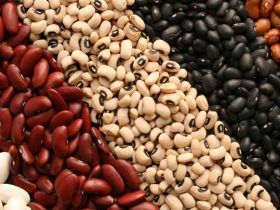What are the Causes of Ischemic Colitis?

Ischemic colitis is majorly caused by the lack of blood supply to your colon. It occurs when one or more of your mesenteric arteries (vessels that supply blood to your intestines) harden, resulting in a sudden reduction in blood flow, which is also known as infarction. In most cases, the arteries usually harden due to the accumulation of fatty deposits, known as plaque, inside the artery walls. This condition is called atherosclerosis, and it is a common cause of ischemic colitis amongst people with a history of peripheral vascular disease or coronary artery disease.
Formation of blood clots can also block the mesenteric arteries and impede or stop blood flow. Clots are more likely to occur in people who have arrhythmia or irregular heartbeat.
In most cases, people who have ischemic colitis may feel mild to moderate abdominal pain. This pain usually occurs suddenly and may feel like a stomach cramp. People with this condition may also experience blood in the stool, but the bleeding is usually not serious. If you notice excessive blood in your stool, it could be a sign of a different problem, like colon cancer, or an inflammatory bowel disease, like Crohn’s disease.
Symptoms associated with ischemic colitis include:
- An urgent need to have a bowel movement
- Diarrhea
- Pain in your abdomen after eating
- Vomiting
- Tenderness in the abdomen













